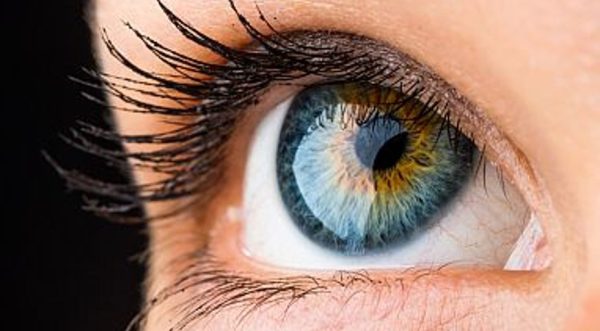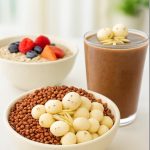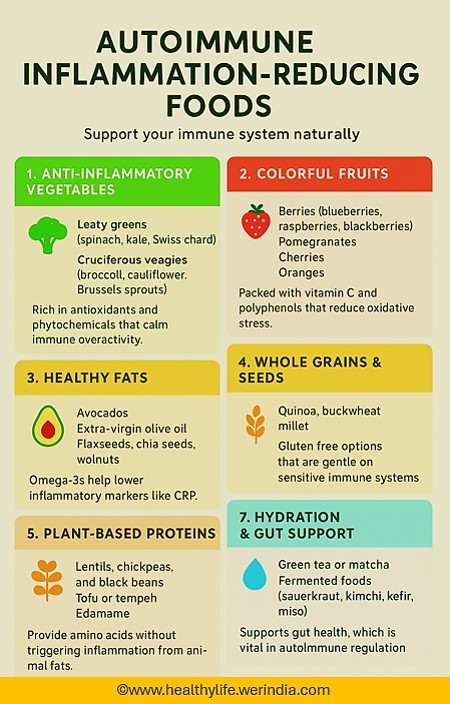
Glaucoma Prevention Tips And Diet
Glaucoma is an eye condition where the optic nerve damage caused vision problem. Glaucoma is most often caused by a buildup of pressure inside the eye. The optic nerve carries images from the retina of the eye, to brain so we can see. Retina senses light. In glaucoma condition the pressure in the eye damages delicate nerve fibers of the optic nerve leading to vision issues.
Glaucoma can affect anyone both women and men over age 40. In most cases one will not have symptoms or obvious signs of having glaucoma. During routine eye test and complete vision checkup doctors can find out that there is a vision loss. If not treated glaucoma eventually leads to blindness. Sometimes even after treatment a person might experience vision loss after many years, but the process will be slow due to treatment.
Symptoms and signs of glaucoma vary depending on the type and stage of once eye condition:
In case of Normal-Tension Glaucoma – vision loss can be observed in advanced condition.
Open-Angle Glaucoma Signs and Symptoms-in both eyes patchy blind spots in peripheral area or in central vision and tunnel vision in the advanced stages
Acute Angle-Closure Glaucoma Signs and Symptoms:
- Eye pain after watching TV and smart phone or watching a movie
- Seeing rainbows and halos around lights
- Vomiting or nausea or both
- Headache
- Redness in eyes
- Feeling pressure in the eyes
- Swollen cornea
- Blurred vision
Congenital Glaucoma Signs and Symptoms: This happens during birth itself.
- Cornea enlargement or clouding or both
- Tearing in both eyes often and excessive
- Sensitive to light where baby closes one or both eyes.
Blind spots: As optic nerve damages, the nerves at the back of the eye changes and looks more thinned out causing blind spots in field of vision. Blind spots can enlarge eventually causing impair in vision..
Tips to lower glaucoma:
- Maintain blood pressure
- Avoid and stop tobacco usage. Stop smoking.
- Minimize alcohol consumption.
- Limit caffein content – caffeine can increase eye pressure.
- Be physically active, jogging and walking helps to improve eye vision.
- Wear sunglasses and hats to avoid direct exposure sunlight.
- Be regular with eye exam.
- Reduce smart phone usage while on bed or before going to sleep.
Diet for preventing glaucoma:
- Vitamin c: is good for blood vessels and lowers risk of cataracts and glaucoma. Include citrus fruits, broccoli, tomatoes, cantaloupe, berries – strawberries, green vegetables in your daily diet
- Carotenoids; To improve vision and for eye health consume produces that contain carotenoids. These phytochemicals are present in carrot, orange color vegetables, corn, mango, sweet potatoes, bell peppers and leafy vegetables like kale and collard greens.
- Vitamin E: helps to reduce macular degeneration of eyes. Include cereals, fruits, nuts, whole grain and omega fatty acids in your diet.
- Zinc – Zinc acts as binding chemicals and helps vitamin A to move from liver to retina. Consume kidney beans, chickpeas, lentils, peas that are rich in zinc
- Omeaga fatty acids – Walnuts, flax sees
Foods to avoid:
- Caffeine – coffee and tea – moderation is key here. Drink small cup of decaffeinated coffee.
- Sugar – avoid sweets like donut, pies, candies, soda.
- Fried food items – like deep fried foods such as French fries are not good for glaucoma condition. Consider baked spices rather deep-fried foods.
- Margarine sticks and any artificial fats
- If you already have food allergies, the risk of glaucoma is more. Avoid those foods that could cause you allergy like wheat, corn, dairy products, nuts, soy etc.
- It is important to maintain insulin level when you have glaucoma. Increase in insulin level increases blood pressure and pressure on eyes. Stay away from sugar and simple carbohydrates. Consume complex carbohydrates.
Glaucoma is the leading cause of blindness. Every year schedule for an eye checkup. If you are diabetic, chances of occurrence of glaucoma are high. Implementing healthy habits and diet is essential for overall health as well as eye health.
Image credit: https://www.nih.gov/
www.irisvision.com
Author: Sumana Rao | Posted on: October 20, 2022




















Write a comment